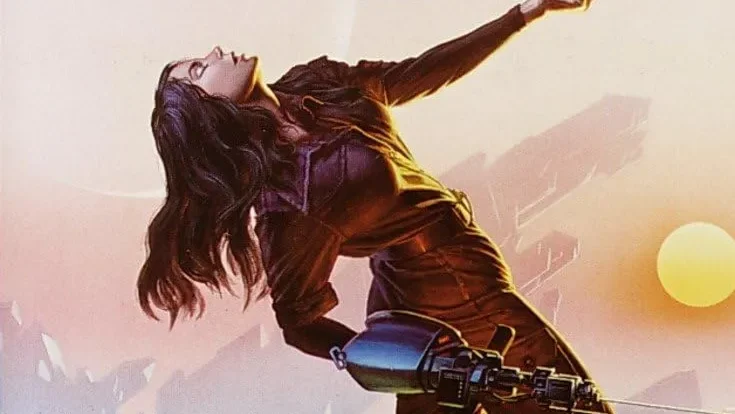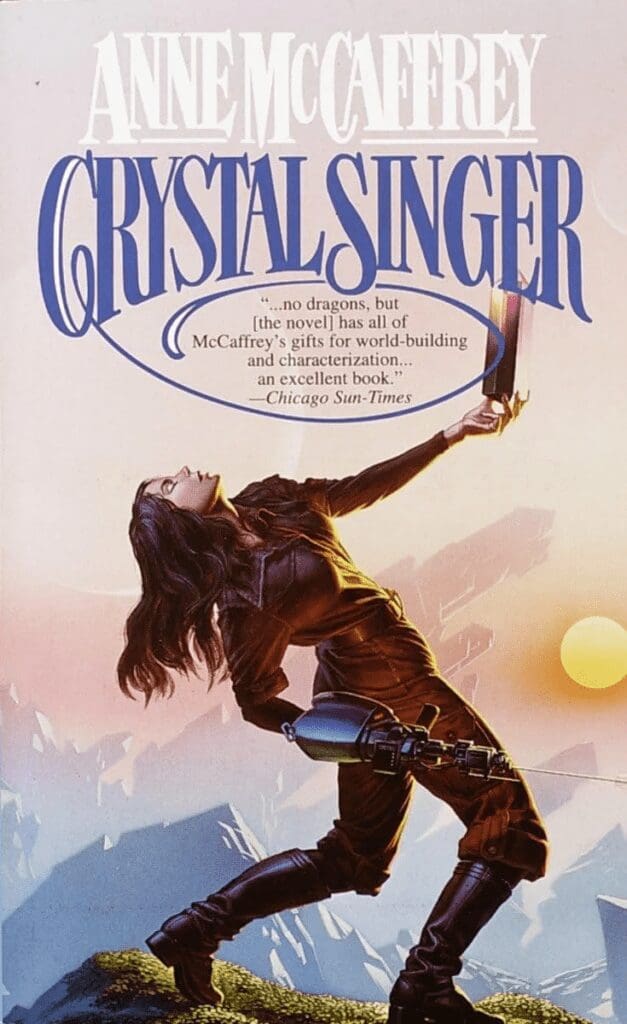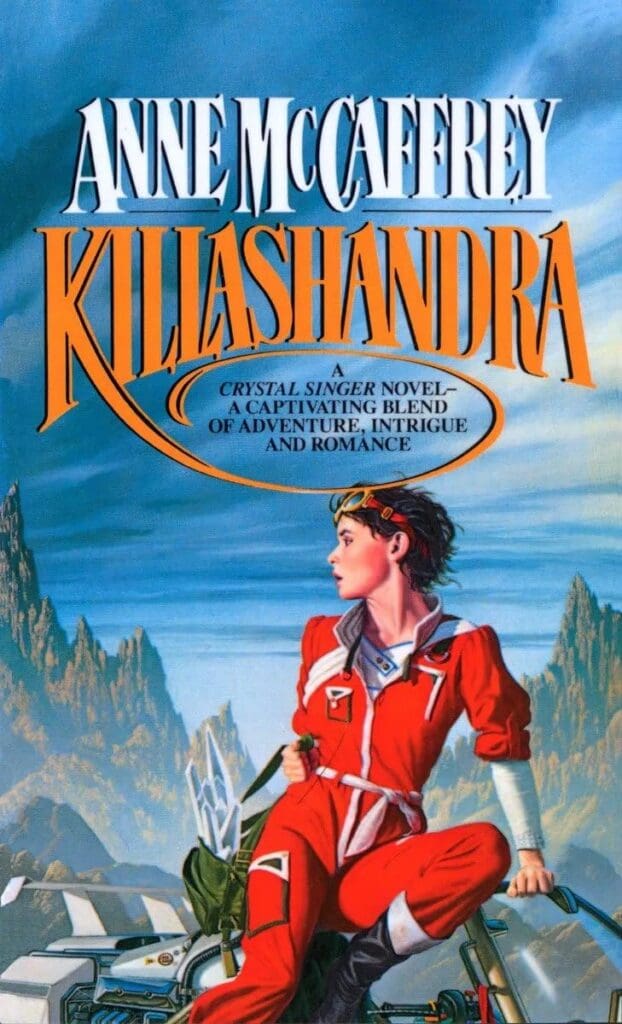
Anne McCaffrey, the prolific author famed for her groundbreaking Dragonriders of Pern series, unveiled another gem in the world of science fiction with her Crystal Singer series. This trilogy, comprising “Crystal Singer,” “Killashandra,” and “Crystal Line,” immerses readers in a mesmerizing universe where the allure of crystal singing holds the promise of both ecstasy and danger.
The inception of the Crystal Singer series traces back to McCaffrey’s fascination with the concept of crystal-based technology and the power of music. Inspired by her own experiences as a singer and her interest in geology, McCaffrey crafted a vivid world where talented individuals, known as crystal singers, harness the unique properties of sentient crystal to produce exquisite tones capable of unlocking the mysteries of the universe.
RELATED: Weird Gothic Horror Novel Now Funding on IndieGoGo! The Horror of Mistvale Hall
Upon its release, the Crystal Singer series captivated readers with its spellbinding narrative, intricate world-building, and compelling characters. McCaffrey’s deft storytelling and vivid imagination transported readers to the exotic planet of Ballybran, where the allure of crystal singing enticed protagonists like Killashandra Ree and Carrik Nol to embark on perilous journeys of self-discovery and adventure. The series garnered praise for its fusion of science fiction and fantasy elements, as well as its exploration of themes such as ambition, sacrifice, and the transformative power of music.

The Crystal Singer series enjoyed considerable commercial success, with the books selling millions of copies worldwide and earning critical acclaim from both fans and critics. McCaffrey’s evocative prose, coupled with her ability to craft intricate plots and multi-dimensional characters, solidified the series’ status as a beloved classic in the annals of science fiction literature.
RELATED: Retrospective: Zorro: The Curse of Capistrano By Johnston McCulley
In comparison to McCaffrey’s iconic Dragonriders of Pern series, the Crystal Singer series offers a different yet equally enthralling experience for readers. While both series share McCaffrey’s signature blend of vivid world-building and engaging storytelling, they explore distinct themes and settings. Where the Dragonriders of Pern series delves into themes of destiny, courage, and the bond between humans and dragons in a medieval-inspired world, the Crystal Singer series ventures into a futuristic realm of space exploration, technology, and the power of artistry.

Ultimately, the Crystal Singer series stands as a testament to Anne McCaffrey’s unparalleled talent for crafting immersive and thought-provoking science fiction tales. With its intoxicating blend of adventure, romance, and intrigue, the series continues to enchant readers of all ages, inviting them to journey into the crystalline depths of imagination and beyond.
What do you think of The Crystal Singer by Anne McCaffrey? Leave a comment and let us know.
NEXT: Book Discussion: Cixin Liu’s The Wandering Earth Anthology

McCaffrey has always been a solid worldbuilder. Her characters tended to be weak, with almost no real progression or character growth, but her worldbuilding and strong supporting cast tended to carry them well (A problem Mercedes Lackey shared as she chose McCaffrey as her mentor until she finally started writing the fairy godmother series and focused on learning the art of character progression)
This sort of came to a head with the Menolly series, Dragonsong, Dragonsinger, and Dragon Drums, where emotional complications and character growth ‘just sort of accidentally happened’, or was implied between books… Today we can look back at it and see how terrible her character growth was, but at the time, scifi was a tight club, and we simply didn’t have any better examples.
However, when she started the Killashandra series, for the first time she was getting challenged by writers who KNEW character progression, people like Larry Niven and David Drake were actually serious competition for readers, and she leaned into believable motivations and character growth like never before. Killashandra was one of her best characters, at the expense of worldbuilding, but it paid off.
She took the excellent lessons learned from the crystal singer books and applied them to Acorna, and the later Brainship series. (1969’s ship Who Sang was nothing but adventure/universe building… none of the characters had any, well, character, but her ’92 collab with Mercedes Lackey, the ship who searched, was absolutely Brilliant. if the scene where the little girl said “I wasn’t done yet… I haven’t even started yet.” doesn’t jerk a tear, you are a sociopath.)
So yeah, it was an amazing turning point in her writing, and a great entry into ‘serious’ science fiction.